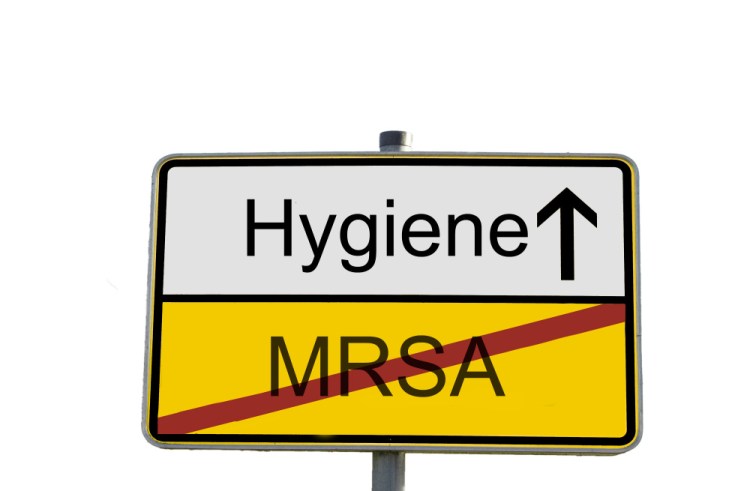Thanks to quick action by the city of Portland, parents and the state got the information they needed to address a MRSA skin infection diagnosed in two children at a city day camp. However, while this incident has been contained – one child was hospitalized and has since been released – it should be a wake-up call about how to recognize and prevent this potentially serious infection.
MRSA is a staph bacterium that is resistant to certain antibiotics and appears as a bump or infected area that may be red, swollen, painful or full of pus. It can be spread by shaking hands, wrestling or other direct skin-to-skin contact with someone who has MRSA, or by sharing things that the person has touched, such as razors or towels.
Although the Portland children both attended a K-4 recreation camp at Riverton Community Center, it’s not known where they contracted MRSA. Nonetheless, after the diagnosis this week, city staff went above and beyond state notification requirements.
The MRSA skin infections were reported to the Maine Center for Disease Control and Prevention, although that’s not required under Maine law, and parents were informed in a letter sent home with students. Custodians spent Monday and Tuesday cleaning the community center overnight and while students were away on field trips.
There seems to be little cause for concern, former Maine CDC director Dr. Dora Anne Mills told the Press Herald, adding, “I would still send my kids” to the camp.
If the city’s response sounds like overkill, it’s not. Correctly diagnosed and treated, young and otherwise healthy people likely won’t experience long-lasting health problems from a MRSA skin infection. But as national public health advocate Bill Marler said in a Press Herald interview: “If you’re on the high school wrestling team and you get MRSA, you can bring it home to Grandma,” putting her or anyone who’s older or immunocompromised at risk of a life-threatening MRSA infection in the bloodstream or lungs.
It’s also critical to recognize that although most MRSA diagnoses occur among already-hospitalized people, an increasing number of infections are picked up in the community, in places such as schools, offices or gyms that are either crowded or unsanitary or both. That’s why the easiest and most effective preventive steps all have to do with minimizing contact with germs: Wash your hands. Use clean towels. Cover open wounds or cuts.
MRSA has moved out of hospitals and into our communities. There’s no reason for public alarm, but there’s every reason for public attention – and we should all take care to do our part.
Send questions/comments to the editors.



Comments are no longer available on this story